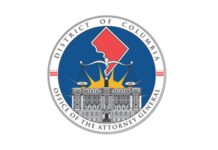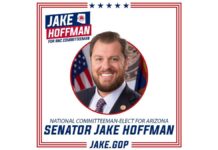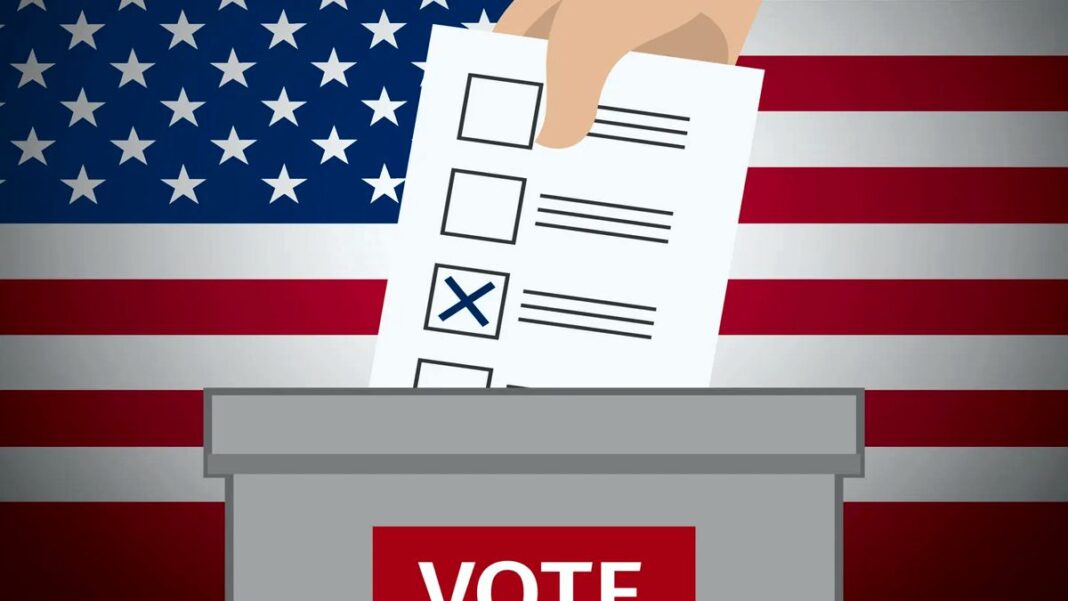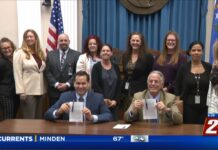A federal appeals court has dealt a blow to the ability of private individuals and groups to sue over congressional maps claiming racial discrimination.
A federal appeals court has issued a key ruling that prohibits private citizens and entities from filing lawsuits under a section of the Voting Rights Act that has been used extensively to bring legal challenges to redistricting processes on the premise that they’re racist.
In a 2–1 decision, the U.S. Court of Appeals for the 8th Circuit ruled on Nov. 20 that only the federal government can bring legal challenges under Section 2 of the Voting Rights Act, upholding an earlier ruling by an Arkansas judge that private citizens or civil rights groups cannot bring Section 2 lawsuits.
The vast majority of lawsuits filed under Section 2 of the Voting Rights Act—which prohibits discrimination based on race—have been brought by private individuals and groups who did not represent the U.S. government.
In legal terms, the ability of non-government entities to bring lawsuits is called a “private right of action,” also referred to as a “private cause of action.”
In February 2022, U.S. District Judge Lee Rudofsky, an appointee of former President Donald Trump, ruled that only the Department of Justice (DOJ) can bring Section 2 lawsuits, which private entities have for decades filed on the premise that moves like redistricting or other elections processes disenfranchised voters of color.
Mr. Rudofsky’s ruling was appealed, resulting in the Nov. 20 decision that bars “private right of action” in relation to Section 2 of the Voting Rights Act in the seven states under the jurisdiction of the 8th Circuit appeals court.
“For much of the last half-century, courts have assumed that [Section 2] is privately enforceable. A deeper look has revealed that this assumption rests on flimsy footing,” wrote Circuit Judge David Stras, a Trump appointee, in the majority opinion in which he was joined by Judge Raymond Gruender, an appointee of former President George W. Bush.
Chief Circuit Judge Lavenski Smith, another Bush appointee, issued a dissenting opinion.
“Until the [Supreme] Court rules or Congress amends the statute, I would follow existing precedent that permits citizens to seek a judicial remedy. Rights so foundational to self-government and citizenship should not depend solely on the discretion or availability of the government’s agents for protection,” Mr. Smith wrote.
By Tom Ozimek

















































